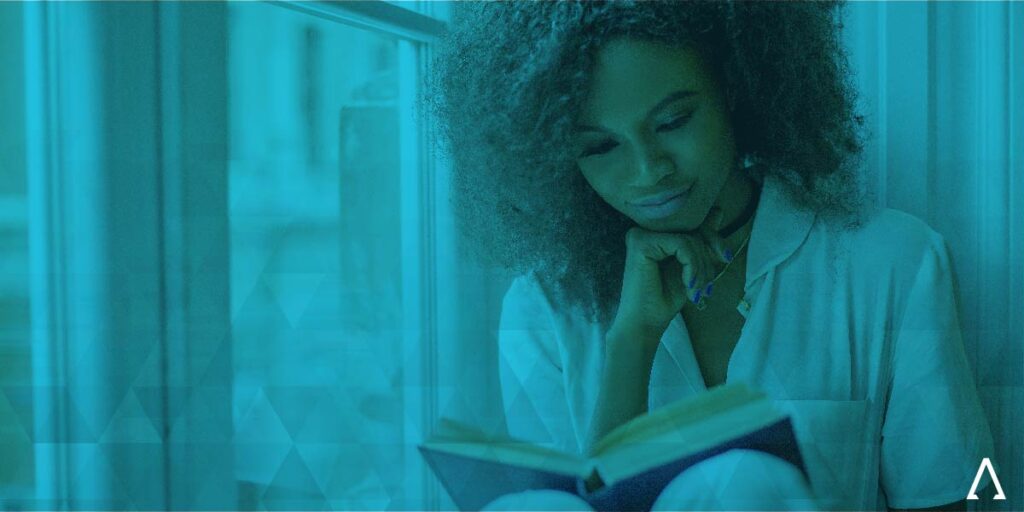I’ve written on this blog about how I planned to get sober a month in advance. That month gave me time to research and learn about recovery.
My first few months of sobriety, I was constantly reading—online, through books, anything I could get my hands on—about addiction and early recovery. I wanted to know the stages of recovery, how long it takes the body and brain to heal, why I became addicted in the first place.
In fact, five years in, I am still always hungry for knowledge about addiction and sobriety. I do this both on the level of theory and through personal stories of recovery.
I truly believe that learning about these things kept me sober, especially in the beginning. Knowing what to expect saved me from unnecessary concern. For instance, when my pink cloud wore off and I was dropped into reality, that drop wasn’t as harsh because I knew it was coming. I also knew that I would grow and change throughout my recovery.
Holly Whitaker—founder of recovery blogs The Temper and Hip Sobriety—said on her Instagram, “Part of my formula in healing and recovery is to understand; to know; to make sense of. And that didn’t stop at a year or 5 years; it’s forever learning. Not to pathologize, not to ‘boil down’ recovery into one thing, but to expand into it; to keep changing my mind as I keep changing.”
In this post, she’s talking about learning about the neuroscience of addiction. This is something I’ve grown more and more interested in over the years too. Besides just being interesting, it’s hopeful.
Learning about neuroplasticity—essentially, the brain’s ability to change throughout the lifetime—reminds me that recovery isn’t just removing substances; it’s reframing the way we think in order to improve quality of life. It’s a reminder that though addiction does change the brain, we’re not doomed to repeat those behaviors forever. It’s also a good way to remember that we are not at fault for our addictions.
But learning doesn’t have to be as cerebral as reading about neuroscience. You learn a lot by hearing about other people’s recovery programs—how they identify and respond to triggers, how they deal with difficult emotions sober. Each individual has different things that work for them; the more stories you hear, the more you can mix and match things you connect with from each story to use for your own recovery.
People in 12-step fellowships learn a lot through sharing stories. If you’re looking to read more, we’ve compiled lists of books about addiction, recovery, and mental health here, here, and here. These are some podcasts about sobriety and mental health. Here is a list of TV shows about these topics.
The fall semester is underway now, after a lot of talk about kids going back to school. But learning doesn’t stop when you’re out of school. The brain has shown remarkable ability to change and grow; in recovery, that ability gets stronger.
If you are struggling with a substance use or mental health disorder, there is hope. TruHealing Centers provides high-quality treatment for addiction and mental health disorders in facilities across the country. At our centers, you will learn all about yourself, your addiction, and sobriety, so that you can create a recovery path that works for you. Call an admissions specialist at 410-593-0005.








